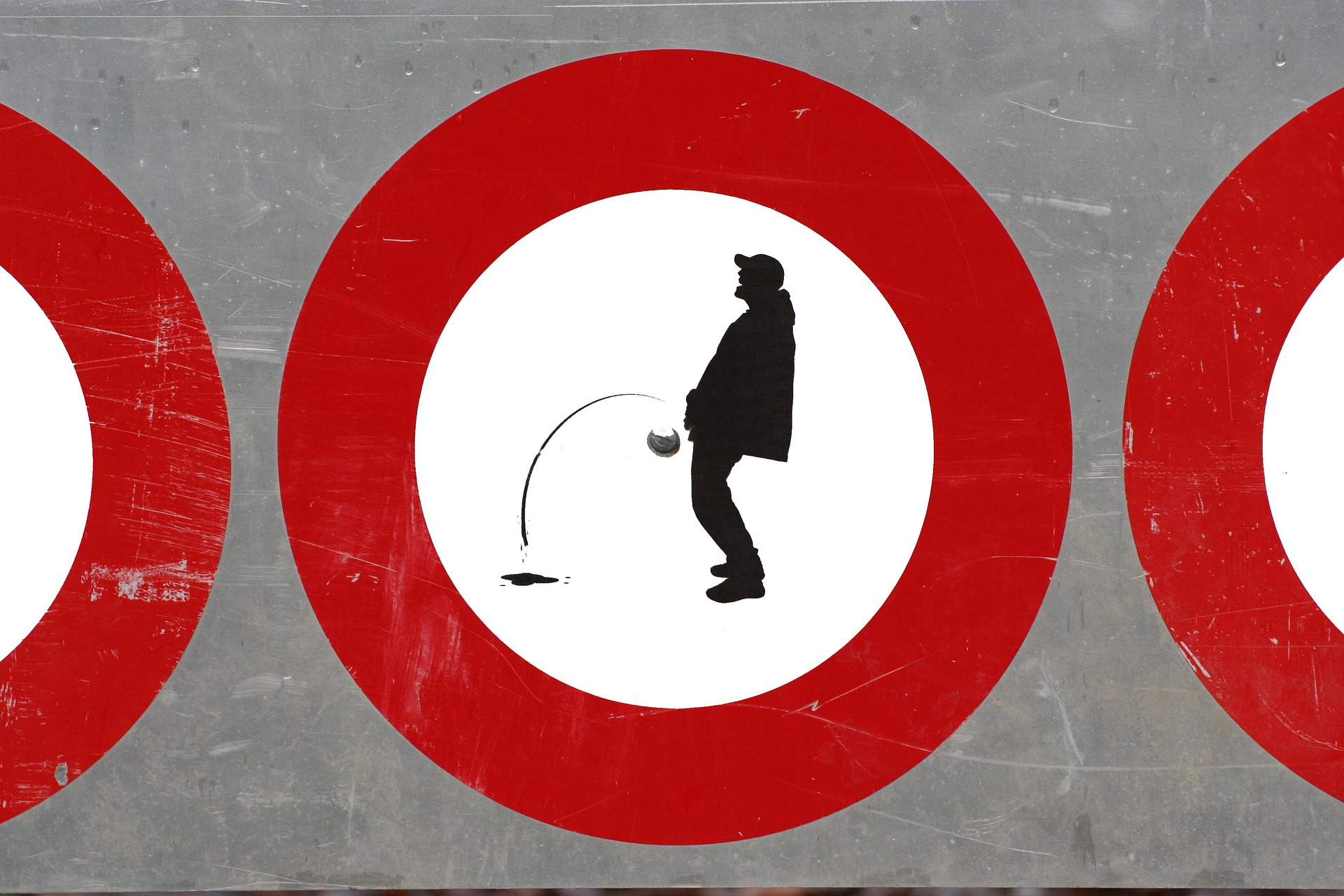When it comes to your body, any type of excess blood excretion is not a normal occurrence. A healthy body has proper blood flow to the correct areas. For women, bleeding during their menstrual periods is normal every month. However, when you find that you are urinating blood or have discolored urine, this is when it becomes a problem.
This blood found in human urine is called hematuria in the fields of medicine and urology. There are several different causes of hematuria, with the most common being infections, kidney illnesses, cancer, and rare blood diseases. Blood is either extremely visible or in small quantities that it is invisible to the naked eye.
The moment you experience urinating blood, it is best to consult a professional urologist to discuss a plan of action, as it is a sign of serious health issues. A urinalysis can be done to analyze the health of your urine and can determine the cause of the bleeding to administer proper treatment. Always remember that treating signs of an illness before they become even more serious can save your life. Listed below are the types of hematuria for your reference:
There are two main kinds, namely Gross and Microscopic hematuria.
The gross variation is when the blood is visible, or the urine stream is of a noticeably different color such as pink or red.
In microscopic hematuria, the only way to tell if you have it is by using a lab test and urine screening due to the blood cells not being visible.
Do note that blood can also be coming from other sources asides from the kidneys. Some blood often comes from the vagina in women, from the reproductive system in males, or even irregular bowel movements from both sexes. Here are some of the potential causes according to urologists:
The blood you see in your urine could be the effects of bacterial presence in your urinary system and can move up to the bladder and kidneys. Bacteria can cause infections, which make urinating painful and often uncontrollable. This may come with gross or microscopic hematuria, so it is best to treat it as soon as possible.
Blood in urine is often caused by kidney stones or bladder stones, which are sharp crystals that form from mineralization in the urinary tract. These stones can cause blockages, and wounds depending on their size, and are often a cause of hematuria along with sharp pains that are extremely uncomfortable.
A health issue that affects middle-aged to older males, bloody urine may also be caused by a dangerously enlarged prostate. This body part is a gland beneath the bladder and close to the urethra. Enlarged prostates may prevent the bladder from emptying completely during urination and may cause a urinary tract infection.
Urinating blood is often a symptom in later cancer cases of the bladder, kidney or prostate, but it usually does not have earlier signs.
Penicillin, aspirin, blood thinners, and certain cancer medications like cyclophosphamide are useful in treating blood urination. However, do not resort to medicating or diagnosing on your own. Seek the advice of a professional urologist to determine what to use to treat your illness.
Like any medical problem, if your body is exhibiting signs of irregularities, always take the initiative to report to a physician because these may evolve into life-threatening diseases. Always take care of your health and try to live a healthy lifestyle to live a carefree life as you age.
At UUANJ, we have the best urologists in New Jersey who are able to treat a variety of urological health problems with professional assistance. Seek an appointment with our doctors today.
NOTE: All content found on the UUANJ.COM Website, including text, images, audio, or other formats were created for informational purposes only. The content is not intended to be a substitute for professional medical advice, diagnosis, or treatment. Always seek the advice of your physician or other qualified health providers with any questions you may have regarding a medical condition. Never disregard professional medical advice or delay in seeking it because of something you have read on this website. If you think you may have a medical emergency, call your doctor, go to the emergency department, or call 911 immediately.


